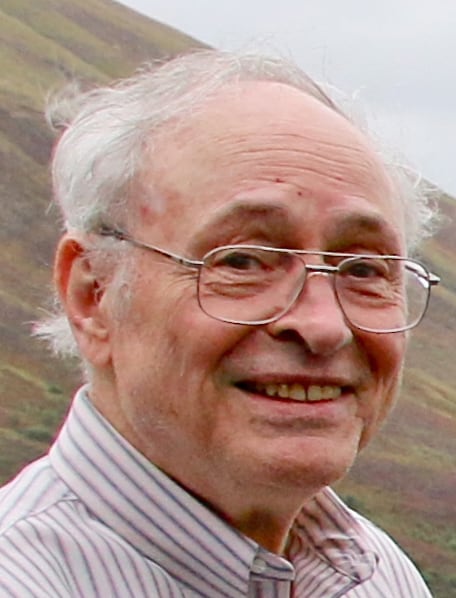Richard Furno: How I Became an Oxfordian
October 14, 2020

My first real exposure to the Shakespeare authorship question came some time in the 1980s. While I was aware that some “oddballs” questioned the authorship, it was then that I read a piece in the Outlook section of the Washington Post by David Ignatius. “What? That’s ALL they know about this Stratford guy?”
I was amazed. And given what little was known about William Shakspere of Stratford, there were other, better candidates. I came away from the article particularly impressed by Edward de Vere, the Earl of Oxford.
And there the idea stayed for a couple of decades. Then I saw a PBS special that suggested Christopher Marlowe might not have died in 1593. Faced with threats from many sides, he faked his death and went to Italy. There he continued to write plays and poems, but now as Shakespeare.
What a beautiful storybook tale. The Italian plays explained. And with Marlowe’s intrigues while spying for the crown and his royal connections, he becomes the actual commoner who became Shakespeare! But there are no Marlovian documents dated after 1593. None found in Italy. What a spectacular candidate, but no evidence. It’s always the case — no smoking gun.
Around 2005, my wife found an Adult Learning course on Shakespeare and pushed me to take it. I was 63 years old and had always felt Shakespeare was over my head. She said, “It’s now or never!” I took the course and it was a revelation! I loved it.
Inevitably, someone in class would raise the authorship question. Names were bandied about and the subject dropped. More courses with the same fantastic teacher and reading everything from Beaumont to Forster, as well as more Shakespeare plays.
With more courses, and the authorship topic coming up again, I realized, “Duh! There’s a web out there!” I searched and found Ros Barber, Alexander Waugh, Sir Mark Rylance, and so many great Shakespeareans. I watched them debate the rare Stratfordians who were willing to do so. One side cited evidence. The other threw ad hominems. Really? Just the evidence, please! More YouTube lectures and more books got me hooked.
I read about the people who had the knowledge and writing skill to qualify as solid candidates, but supporting evidence seemed slight to me (and Queen Elizabeth was too busy).
I’ll mention just one of the great books I’ve read: Hank Whittemore’s 100 Reasons Shake-speare Was the Earl of Oxford (2016) alerted my skepticism. I read it and when I was finished, I realized Oxford was Shakespeare. Smoking gun? Whittemore leaves Oxford enveloped in a gigantic cloud of circumstantial gunsmoke with Shakespeare peeking out. As Tom Regnier said in his 2015 SOF video lecture, “Most cases may be proved entirely with circumstantial evidence.”
There are several candidates who are somewhat qualified to have been Shakespeare. But where does the evidence point? The sheer quantity of evidence that supports Oxford has proved the case. I never wanted to jump on any Shakespeare-wagon until the case was proved. I think it is.
— Richard Furno
“How I Became an Oxfordian” is a series edited by Bob Meyers. You may submit your essay on this topic (500 words or less in an editable format such as MS Word), along with a digital photo of yourself, to: communications@shakespeareoxfordfellowship.org. Also include a sentence about yourself, e.g.: “Jane Smith is a business owner in Dallas.” You must be an SOF member to submit an essay.
To join the SOF see our membership page. To read other essays in this series, click here.
Membership dues cover only a fraction of our budget, including all our research, preservation and programming. Please support the SOF by making a gift today!
Blue Boar Tavern: Wassail Q&A
Tuesday Dec. 17, 8pm E / 5pm P
Sign up below for event invites!
